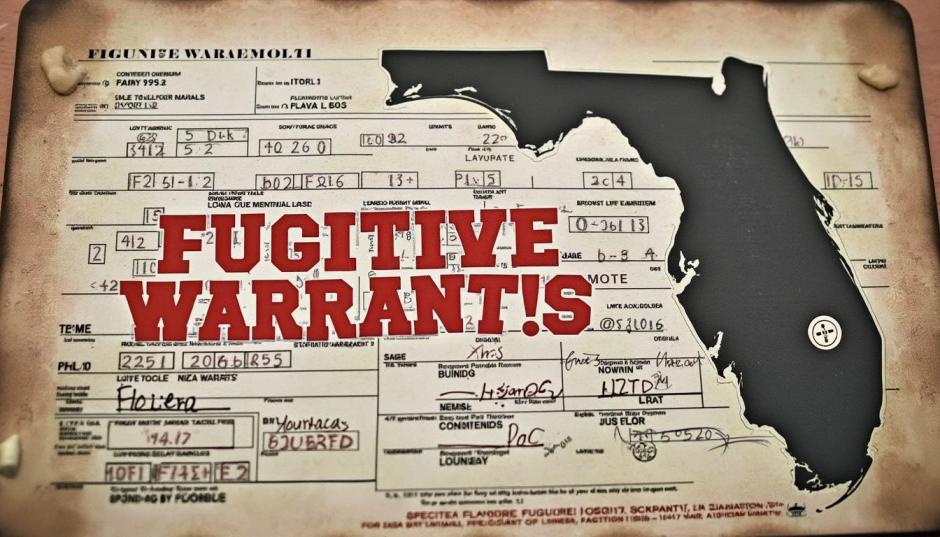Contents
What is a Fugitive Warrant?
A fugitive warrant, also known as an out-of-state warrant or extradition warrant, is issued when a person is accused of committing a crime in one state and then fleeing to another state to avoid prosecution. In Florida, fugitive warrants are governed by the Uniform Criminal Extradition Act, which has been adopted by all 50 states.
If you have an outstanding warrant in another state and come to Florida, you can be arrested on a fugitive warrant and extradited back to the state where the alleged crime occurred. Likewise, if you have a Florida warrant and flee the state, a fugitive warrant can be issued to bring you back to face charges.
How Fugitive Warrants Work in Florida
The process of issuing and executing a fugitive warrant in Florida typically involves these steps:
Consequences of Having a Fugitive Warrant
Having an active fugitive warrant in Florida can lead to serious consequences, including:
- Sudden arrest and detention anytime you encounter law enforcement
- Extradition to the state where charges are pending to face prosecution
- Difficulty finding employment or housing due to active warrant status
- Suspension of your driver’s license in some cases
- Additional criminal charges for fleeing or failing to appear
Fugitive warrants do not expire and will remain active until the person is arrested or the warrant is resolved. Ignoring a warrant will not make it go away.
What to Do if You Have a Fugitive Warrant
If you suspect you may have an outstanding fugitive warrant in Florida, the first step is to confirm the warrant with law enforcement or an attorney. You can search the Florida Department of Law Enforcement (FDLE) public access system, but not all warrants may be listed.
The best course of action is to consult with an experienced criminal defense attorney who handles extradition and fugitive warrant cases. They can help you determine the validity of the warrant, the charges you may face, and your legal options.
In some cases, an attorney may be able to arrange for a voluntary surrender to address the warrant rather than risking a sudden arrest. They can also represent you through the extradition process and work to resolve the underlying out-of-state charges.
In the video, Palm Beach County’s Fugitive Warrants Unit officers pursue individuals who are either convicted or facing charges and are evading the law.

